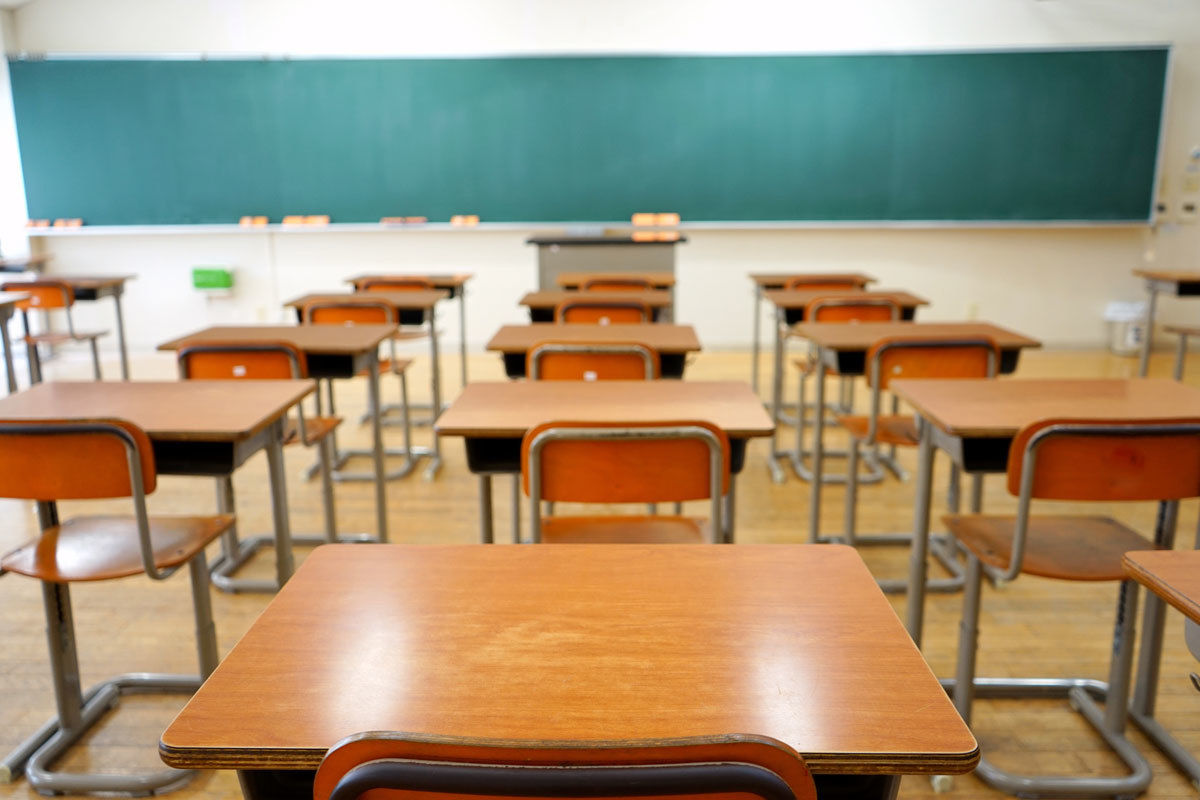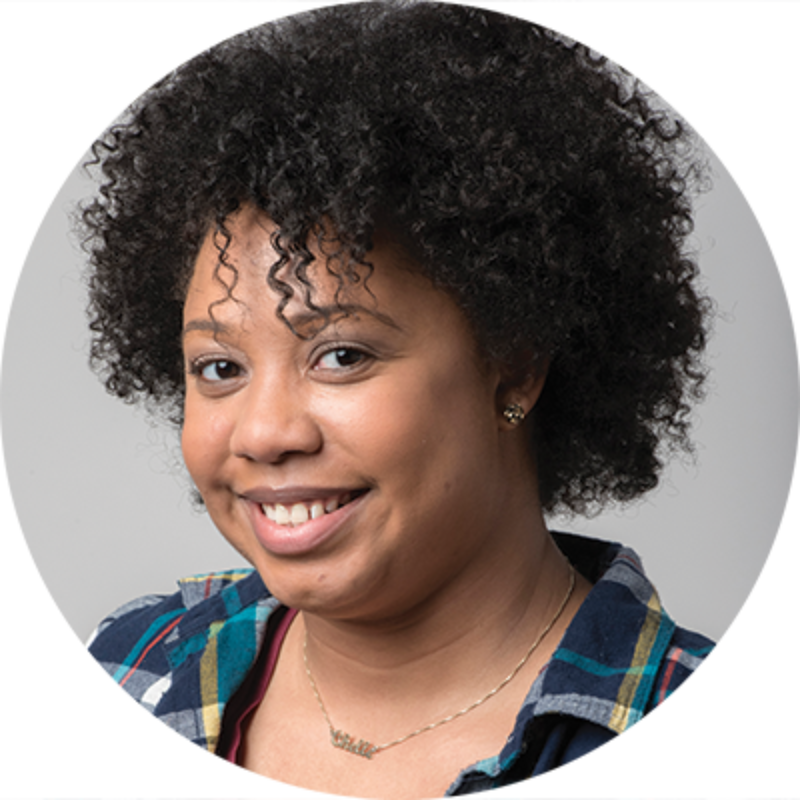
Updated November 8-
Tuesday night, the Baltimore County Public School board voted 9-3 to approve the academic calendar that will keep schools closed next school year for two Jewish High Holy Days. After heated debates about whether schools should remain open for Rosh Hashanah and Yom Kippur, the board chose the academic calendar that will shorten spring break by one day and still complies with Gov. Larry Hogan’s requirements to end the school year on June 15.
After more than two decades, Baltimore County Public School (BCPS) students could be attending school for two Jewish holidays next September. Since the mid-1990s, BCPS has been closed for staff and students on Rosh Hashanah and Yom Kippur each year, but with new requirements mandated by Governor Larry Hogan, those days may be rescinded.
Forced to comply with the new requirements—schools must begin after Labor Day and end by June 15—the BCPS school board is finding it difficult to accommodate spring break along with two Jewish holidays in the 2018-2019 calendar.
“We were starting school in late in August, so we have a new set of rules,” said BCPS chairman Ed Gilliss. “We’re going to play by those rules, and we’re going to make it happen, but it has put constraints on us we didn’t use to have to juggle.”
Effective the 2017-2018 school year, all Maryland public school students must attend at least 180 school days with a minimum of 1,080 instructional hours for elementary and middle school students and 1,170 hours for high school. Due to the shorter school days, Baltimore County students must stay in school for a minimum of 186 days in order to meet the required number of instructional hours.
After factoring in the mandated state holidays for public schools—including Thanksgiving, Christmas, and Election Day—the board drafted two possible school calendars. One scenario is to continue with the tradition of closing for the two Jewish holidays. The other option would allow schools to remain open for those days. The only difference in the two options is the length of spring break—students would have a four-day weekend for spring break, instead of a five-day weekend should schools remain open.
“Opening for the Jewish holidays would create some major operational and logistical issues,” said Howard Libit, executive director of the Baltimore Jewish Council. “So you’re looking at the loss of learning for those students who stay home, plus the loss of learning for the kids who are in the schools who don’t have either teachers or subs.”
During a hearing on Tuesday night to discuss the options, the BCPS board got an earful from community leaders and parents.
“It is your duty to find the solution,” said PTA council president Jayne Lee. “It is not up to us to find the solution.”
Most people at the hearing were preaching a message of tolerance and stressed that the Jewish population is an important backbone of the school system.
“We want to be inclusive,” said Baltimore County resident Bash Pharoan. “We’re not really looking to deprive our Jewish brothers and sisters of their holidays.”
In 1980, the Supreme Court ruled that public schools could close for religious holidays if it affects staff shortage or poor student attendance. A recent survey found that there are nearly 2,000 teachers and 12,000 students in Baltimore County Public Schools that are Jewish. The BCPS board estimates that staying open during Rosh Hashanah and Yom Kippur would cost the school system more than $1 million.
On Wednesday, Governor Hogan released a statement condemning Baltimore County officials for threatening Jewish holidays.
“Most jurisdictions have managed to adopt a common sense calendar that prioritizes what students and families want, and Baltimore County could easily do the same,” he said. “For school administrators to pretend that starting school after Labor Day puts religious holidays in jeopardy is simply dishonest.”
A vote will take place on October 24 on which of the calendar options will be instituted for next year. Of the two options up for consideration, the calendar committee—which includes staff, community members, and parents—has recommended the option that will keep schools open.
“I don’t think that’s particularly a big difference, I mean we aren’t going back to a week off for spring break—that’s history,” Libit said. “Our position is for operational and fiscal reasons, given the Jewish population among staff and students, is to keep the schools closed in Baltimore County.”
